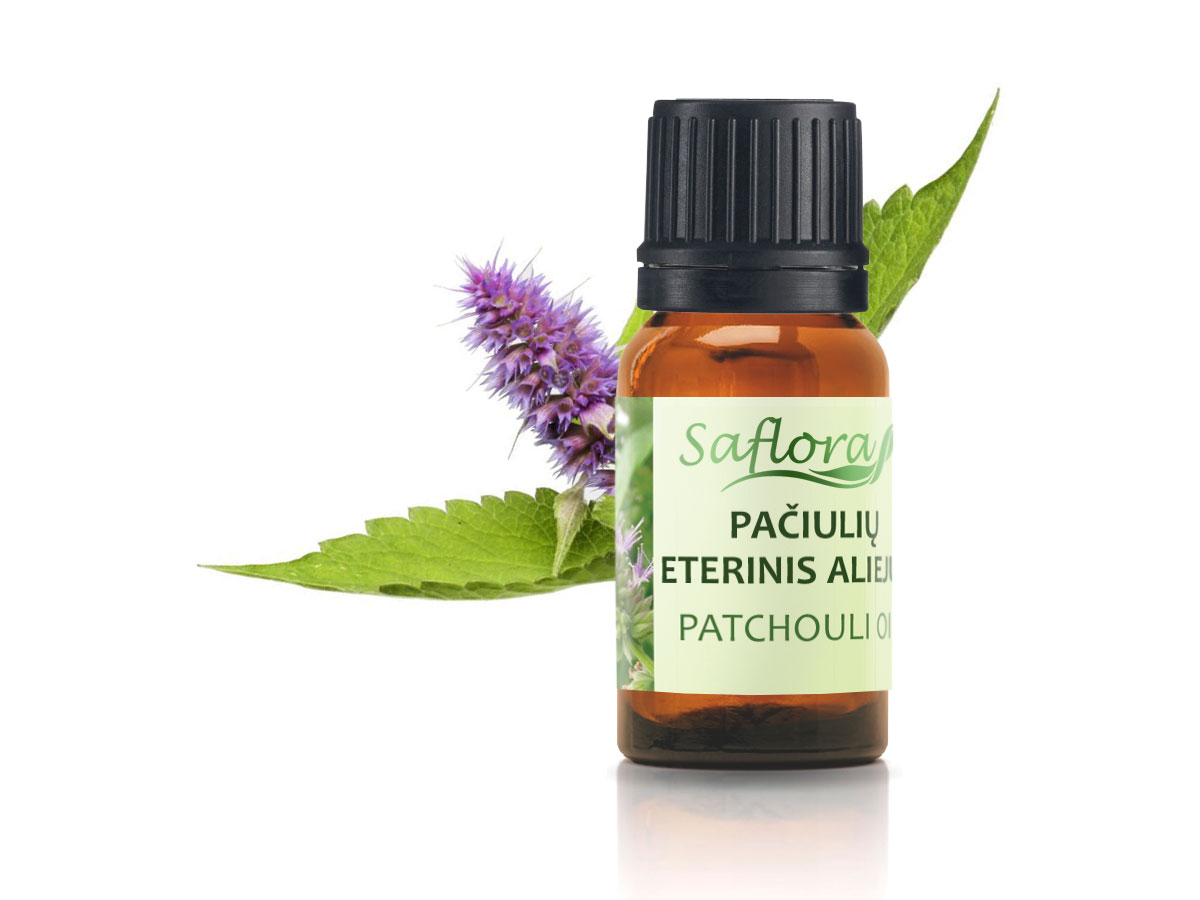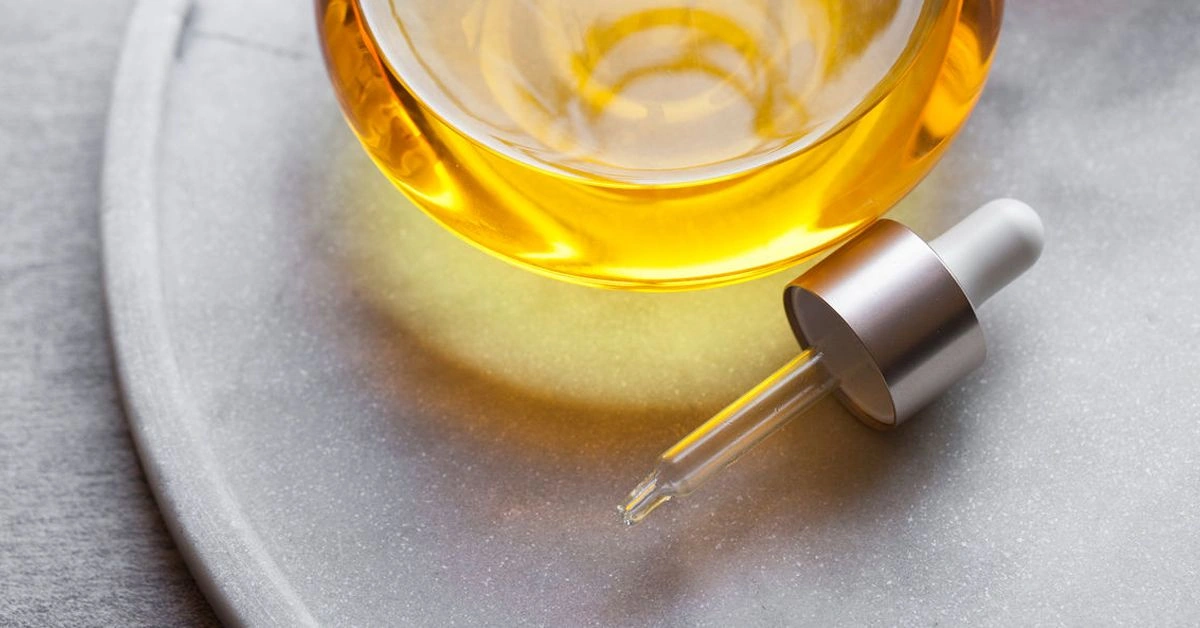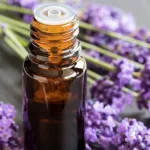Patchouli oil is an essential oil with a range of applications, from soothing dry skin to functioning as an antifungal agent. It may possess anti-inflammatory and analgesic qualities. However, consult a healthcare professional before using this essential oil.
Patchouli oil is extracted from the leaves of the patchouli plant, an aromatic herb known for its distinctive fragrance.
To produce patchouli oil, the leaves and stems are harvested, allowed to dry, and then subjected to a distillation process to obtain the concentrated essential oil.
Read on to learn more about patchouli oil, its potential benefits, and recommended uses.
Although some research points to possible health advantages, the FDA does not oversee the purity or quality of essential oils. Speak with a medical professional before incorporating essential oils into your routine and investigate the quality of a brand’s offerings. Always perform a patch test before trying a new essential oil.

Patchouli oil uses
Patchouli oil has a recognizable aroma often described as woody, sweet, and spicy. For that reason, it is frequently used as a fragrance component in products like perfumes, cosmetics, and incense.
Patchouli oil is utilized in various other ways worldwide. Anecdotally, people apply patchouli oil for:
- alleviating skin issues such as dermatitis, acne, and dry or cracked skin
- easing symptoms of ailments like colds, headaches, and upset stomach
- relieving depressive moods
- promoting relaxation and reducing stress or anxiety
- helping control oily scalp or dandruff
- functioning as an insecticide, antifungal, or antibacterial agent
Do not ingest patchouli oil because of possible hazards and the insufficient scientific evidence supporting its safety when taken orally.
Patchouli oil benefits
Many reported benefits of patchouli oil are anecdotal, stemming from individual experiences or testimonies.
In recent years, scientists have been examining several proposed uses and advantages of patchouli oil. Below we summarize what current studies indicate.
Anti-inflammatory properties
Multiple studies suggest patchouli oil exerts anti-inflammatory effects:
- Swelling is a hallmark of inflammation. A study in mice showed that a component of patchouli oil reduced chemically induced swelling in paws and ears.
- Immune cells release various inflammatory molecules. A 2011 study found that pretreating macrophages with patchouli alcohol decreased production of these molecules upon stimulation.
- Immune cell migration is part of inflammation. A 2016 in vitro study reported that patchouli oil reduced migration of neutrophils.
These results are encouraging for potential use of patchouli oil or its constituents to manage inflammatory conditions.
For instance, a 2017 study administered patchouli oil to rats with chemically induced inflammatory bowel disease and observed reduced tissue damage and fewer immune cells in the colon.
Additional research, especially human trials, is needed to support patchouli oil’s use as an anti-inflammatory remedy.
Pain relief
A 2011 animal study investigated the analgesic effects of patchouli extract in mice and found that oral administration decreased pain responses across several tests.
Researchers suggested this pain reduction might be linked to patchouli’s anti-inflammatory activity, but further studies are required to confirm the mechanism.
Skin application
A 2014 study treated mice with patchouli oil for two hours before exposing them to ultraviolet radiation, which can damage and age the skin. The study used multiple assessments to evaluate potential protective effects.
Mice that received patchouli oil exhibited reduced wrinkle formation and higher collagen levels. More research is necessary to determine if humans experience similar benefits.
For weight loss
Patchouli oil is occasionally promoted as an essential oil that may aid weight loss. No human studies have confirmed this, but a small 2006 rat study examined how inhaling patchouli oil affected body weight and food intake.
The study observed no significant differences in body weight or food consumption between rats exposed to patchouli oil and those that were not.
Antibacterial activity
Pathogenic bacteria use biofilms and virulence factors to establish infection and evade defenses. A 2018 study found that patchouli oil disrupted biofilms and some virulence traits of methicillin-resistant Staphylococcus aureus (MRSA).
A 2017 study evaluated a blend of several essential oils, including patchouli oil, for antimicrobial activity against bacteria such as Pseudomonas aeruginosa, Staphylococcus aureus, and Streptococcus pneumoniae.
The blend’s inhibitory effect was comparable overall to that of a liquid soap. Patchouli oil alone inhibited P. aeruginosa similarly to the blend and suppressed S. pneumoniae growth more effectively than the blend.
Antifungal activity
A 2018 study evaluated 60 essential oils against three pathogenic fungi: Aspergillus niger, Cryptococcus neoformans, and Candida albicans. Patchouli oil demonstrated notable antifungal activity against C. neoformans.
Activity against A. niger was also observed, though the authors noted that earlier studies did not always show the same effect.
As an insecticide
Patchouli oil exhibits insecticidal effects, and several studies have tested it on various insect species. Natural insecticides can be advantageous, since many synthetic pesticides harm the environment.
A 2008 study reported that patchouli oil was the most effective at killing house flies among several essential oils when applied topically. Another study found patchouli oil toxic to three species of urban ants.
A 2015 study tested the toxicity of multiple commercial essential oils against two mosquito species and found patchouli oil to be the most toxic of the oils tested; however, the authors noted it remains much less toxic than many synthetic pesticides.
Side effects and who’s most at risk
Be cautious when applying patchouli oil to the skin due to the possibility of an adverse reaction. Never use neat (undiluted) patchouli essential oil on the skin.
Some anecdotal reports suggest patchouli oil may influence blood clotting. Therefore, the following individuals should avoid using patchouli oil:
- people taking anticoagulant (blood-thinning) medications
- people who have recently undergone or are scheduled for major surgery
- those with bleeding disorders, such as hemophilia
Remember that essential oils are highly concentrated and must be properly diluted before topical or aromatherapy use.
Never consume any essential oil orally.
How to use patchouli oil
Patchouli can be applied topically or used for aromatherapy.
On your skin
Always adhere to established dilution guidelines when using essential oils. The National Association for Holistic Aromatherapy recommends many topical blends contain between 1% and 5% essential oil.
For skin application, dilute essential oils with a carrier oil, such as jojoba oil, grapeseed oil, or avocado oil.
Perform a patch test before using patchouli oil on larger areas of skin.
Try a patch test
- Combine patchouli oil with your chosen carrier oil.
- Place a few drops of the mixture onto the absorbent pad of a bandage and apply it to the inside of your forearm.
- Remove the bandage after 48 hours and inspect the area for signs of irritation.
Inhalation
Patchouli oil is suitable for aromatherapy uses like steam inhalation or diffuser sessions. As with topical use, dilute essential oils appropriately.
When inhaling essential oils, use them in a well-ventilated space and take breaks every 30 minutes to avoid headaches, nausea, or dizziness. Be mindful not to expose pets, young children, or the general public to diffused essential oils without caution.
Blending
Patchouli oil blends well with many other essential oils, adding a deep, spicy note. Oils that pair nicely with patchouli include:
- cedarwood
- frankincense
- jasmine
- myrrh
- rose
- sandalwood
Patchouli’s rich aroma can also complement grooming routines; for example, some people combine it with treatments like castor oil for beard to enhance scent and potential hair benefits.
The bottom line
Patchouli oil is an essential oil obtained from the leaves of the patchouli plant. People use it for issues such as skin care and stress relief. It can be applied topically when diluted or used in aromatherapy.
Most evidence supporting patchouli oil’s benefits is anecdotal, though emerging research suggests it may have anti-inflammatory, antimicrobial, and analgesic properties. More robust studies, particularly in humans, are needed to confirm these effects.

























Leave a Reply
You must be logged in to post a comment.